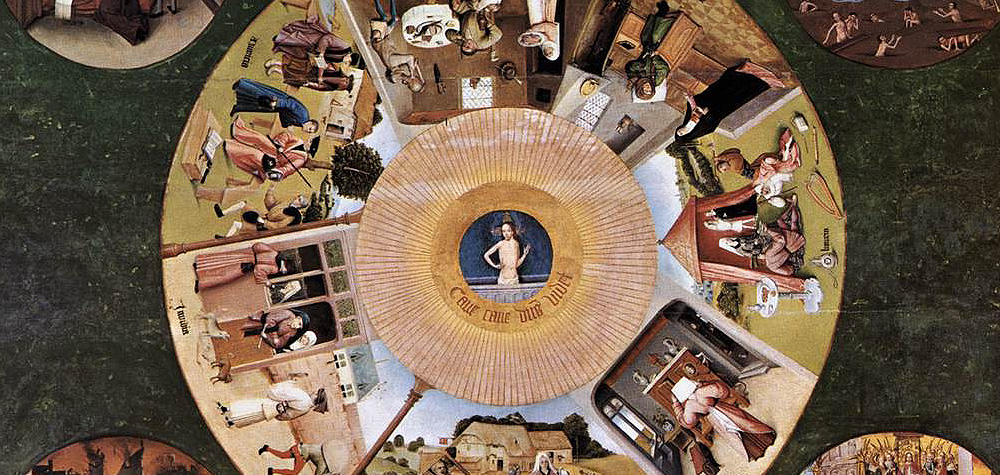Seven Deadly Sins
Juan Sancho and Jan Tomasz Adamus | Capella Cracoviensis
Handel’s mastery to depict in music the human passions has been largely acclaimed and acknowledge. He is one of the main opera composers of all times and he needs no presentation.
Why then another CD about Handel’s music? The idea we want to show here is quite peculiar, we could even say original. The seven deadly sins, as described and explained by the roman catholic church, is a very sistematic and precise approche to the human nature, more precisely, to human weaknesses. The opera seria is one of the best creations in the history of art on portraying the affetti of the human being. These affetti, considered in their negative sense, are very closed to the religious idea of the seven deadly sins. All the crimes and misdemeanours we find in the baroque opera could be understood in light of the seven deadly sins, and therefore, Handel’s tyrant, brute and despotic operatic roles are mirrors in which we can see this human depravity and lack of morality.
Belshazzar’s gluttony forces the fall of the Babylonian empire because he profanes the sacred vessels.
Jupiter’s lust ends with the death of Semele.
The allegorical role of “Il penseroso” depicts one of the forms of sloth: melancholy.
Berengario’s greed and desire of ruling Italy is strongly defeated by Lotario.
Grimoaldo’s envy and jealoussy brings him to despair after making Rodelinda choose between marring him or killing her own son.
Bajazet’s pride and refusal to accept several times Tamerlano’s clemency finishes with his own suicide.
The wrath is the passion that overwehlms Massimo and Tiridate in the arias performed here.
The final section of this CD represents the damnation of the human being that has commited too many sins. To show this, we use Bajazet’s masterful death, and as a light of hope, after the seven deadly sins and the damnation of the man, a final air from Theodora brings the relief and redemption to the soul.



